Having survived the fire, the equipment for our huge new solar power system needed a bit of final tweaking in October 2022 before the giant metaphorical Frankenstein switch could be thrown and the control room could start throbbing with energy.
TRANSCRIPT…
While energy costs continue to spiral, those of us living off the grid are allowing ourselves a brief self-congratulatory moment in the sun.
In our part of Portugal we have 300 days of sunshine a year to not only enjoy wonderful beach days and sunsets (or fight the occasional fire), but also to generate a free and endless supply of our own power and hot water.
It’s not free power of course – the up-front installation costs of a big system are eye-wateringly high, especially with a madcap new tourism lodge-building project and no power line nearby.
Fortunately, and with good advice, we ordered early when there was stock and the prices weren’t as high, and this week I am writing in celebration of the installation.
And in celebration of how our entire new uninsured system wasn’t torched when the fire licked a few flames inside our solar house but somehow didn’t set the cardboard boxes of lithium batteries alight.
And also in celebration of Sergio...the solar power engineer who “is a machine when he puts his mind to it, and works like three men” in the words of his boss Iain.
That’s right: a man who installs power systems in short bursts of high activity...and who is called Sergio.
When we arrived here in the Valley of the Stars a little over two years ago there was power and there was water...we just didn’t quite know how that magic happened.
A small patch of hillside between our house and the lake was adorned with an elaborately built concrete shrine to the ancient 24 solar panels it enclosed and protected.
Carefully laid and rendered bricks created a steep staircase cut into the hill on either side, with flower beds at the bottom and a retaining wall and safety rail at the top to protect what was then the latest late-1990s technology from falling stones and careless strimming.
The little building alongside immediately became known as the “solar house” as it was filled with whirring machines, spinning meters, gurgling battery cells and a line of distilled water bottles: foot soldiers on hand to keep the lead-acid monster alive.
The cells needed constant care and monitoring and regular topping up to keep the battery functioning.
Thanks for reading Off-grid and Ignorant in Portugal! Subscribe for free to keep up to date and please share the blog with friends.
✓
Our solar system, of which we are just a small part, was vast and ancient (at least 20 years old) – two panels were cracked, but a few upgrades had kept it going.
There was no instruction manual, Google would have been brilliant if we’d had internet (which at the time was rare, except on top of the hill...something of which we were recently reminded after the fire melted our internet dish), and these were less like batteries and more like pets or tamagotchi.
If you don’t feed them (distilled water) they get grumpier and a lot more gurgley and you realise that unless you do something they will eventually die
There might be warning signs but they’re hard to interpret and they don’t say anything when you ask them what they want (the specific gravity hydrometer was a little advanced for me at that stage)
They go into these mad hours of crazy energy use with no indication of where all the power is going, and working them too hard wears them out and eventually kills them
And so I called some people.
A couple of local German solar experts dropped by, did the equivalent of a long mechanic’s inhalation (“it’s gonna cost you”) and told us to rip the whole thing out and start again.
Then ex-pat Brit Iain Garner came up from the Algarve and with a laid-back surfer’s sigh and a couple of pokes said: “well, they work, don’t they? Might last another three years, might not, but if it ain’t broke...”
We went with Iain, and when it did break we asked him to replace the batteries.
It turned out the mad hours of energy use was caused by a leaking toilet cistern and an old water pump which constantly ran and destroyed the battery – like many things here I understood the problem just too late.
Each of the 12 cells weighed 150kg and Iain and I commented on how heavy they looked as we had coffee and cake and watched his young workers hauling them into the van.
All four new lithium batteries fitted into a little box which looked like a small computer server.
The amount of stress and attention-time spent on keeping the lights on dropped dramatically as lithium batteries look after themselves.
I now use the distilled water for Siouxsie the Suzuki’s radiator.
Three hundred days a year of sunshine is a lot of sunshine, but 65 days without is not insignificant.
And so the next step was upgrading the concrete shrine: replacing the old 24 with a dozen more powerful and sleek new panels with the uncanny ability to work in cloud...on those other 65 days.
Our generator use plummeted, and that’s when we bought a dishwasher.
We hadn’t run the washing machine and the dishwasher at once, we planned toaster use and ironing and did sometimes trip the system with the high pressure power washer, but while life has been gradually changing, it’s now taken a huge leap into the 21st century.
Of course there was only one person to turn to when we started planning for more houses, more guests and greater power requirements.
The order was made in January, the panels and inverters were delivered a few months ago, and after a few weeks of activity, Iain and his team dug holes, cut and built an aluminium structure, mounted the panels and wired the whole thing up.
A three-phase 48V system, with 72 new panels, 20 batteries and a completely new infrastructure of inverters and controllers isn’t cheap, but it’s a thing of beauty...and at the current gas prices it will pay for itself a lot more quickly.
Thanks to Sergio’s Saturday surge and a long power-day in the solar house, it has now been renamed “The Control Room” with a wonderfully organised network of cables, battery boxes and a lot of copper.
After a few teething troubles with the batteries – and after a visit from the manufacturers – Iain pulled the giant metaphorical Frankenstein switch and the control room started throbbing with energy.
While I’m still trying to remain well grounded, it’s going extremely well so far.
A single phase generator doesn’t work with a three-phase system, but the vast battery bank is full before lunch, so maybe we don’t need one?
We can now bake in the evenings, wash clothes and crockery while ironing and making toast...and maybe I can finally dust off my hairdryer.
At this rate we’ll be able to install electric water heaters as backup, put electric ovens in the new buildings and think about getting an electric car. Imagine.



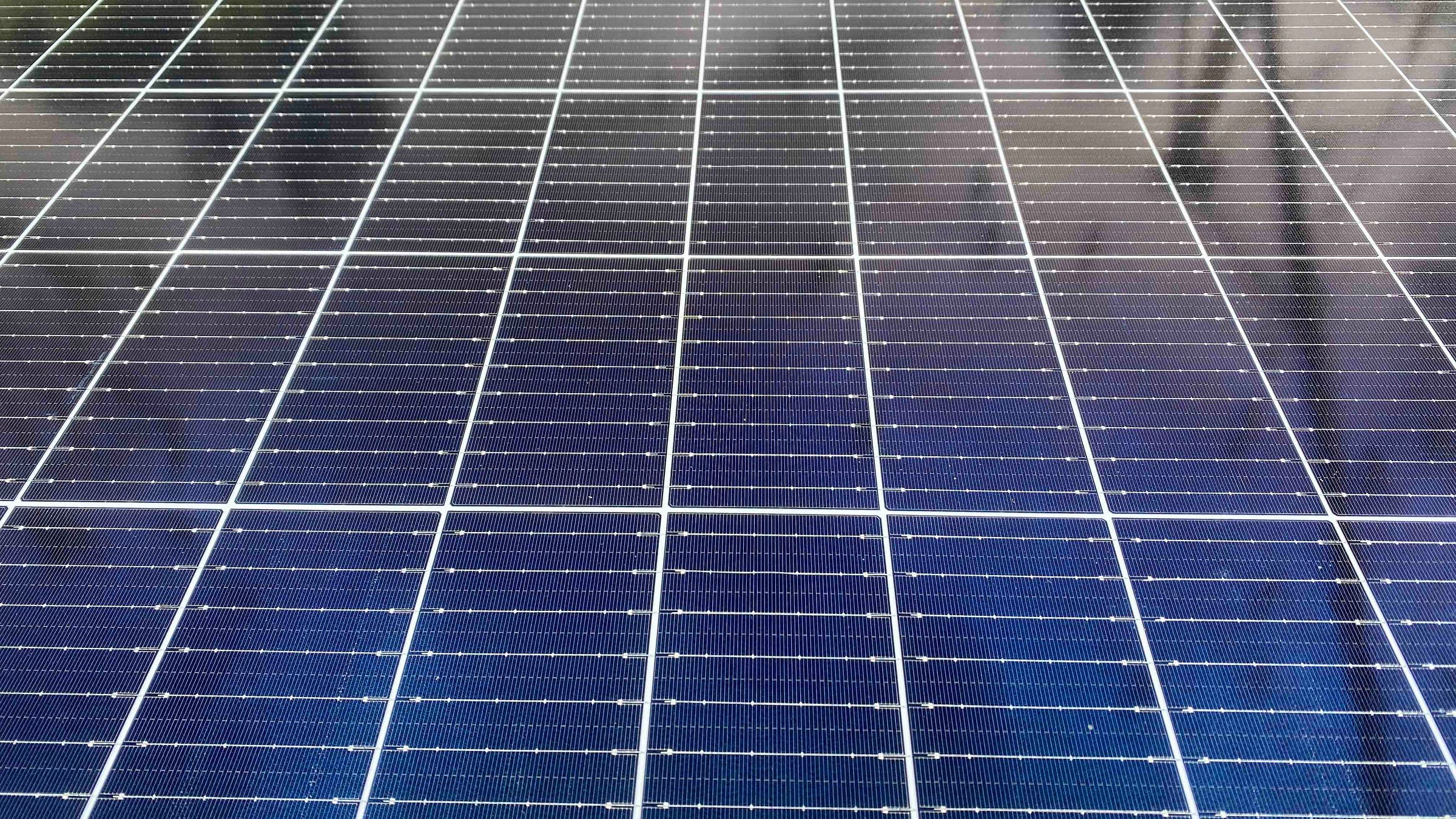

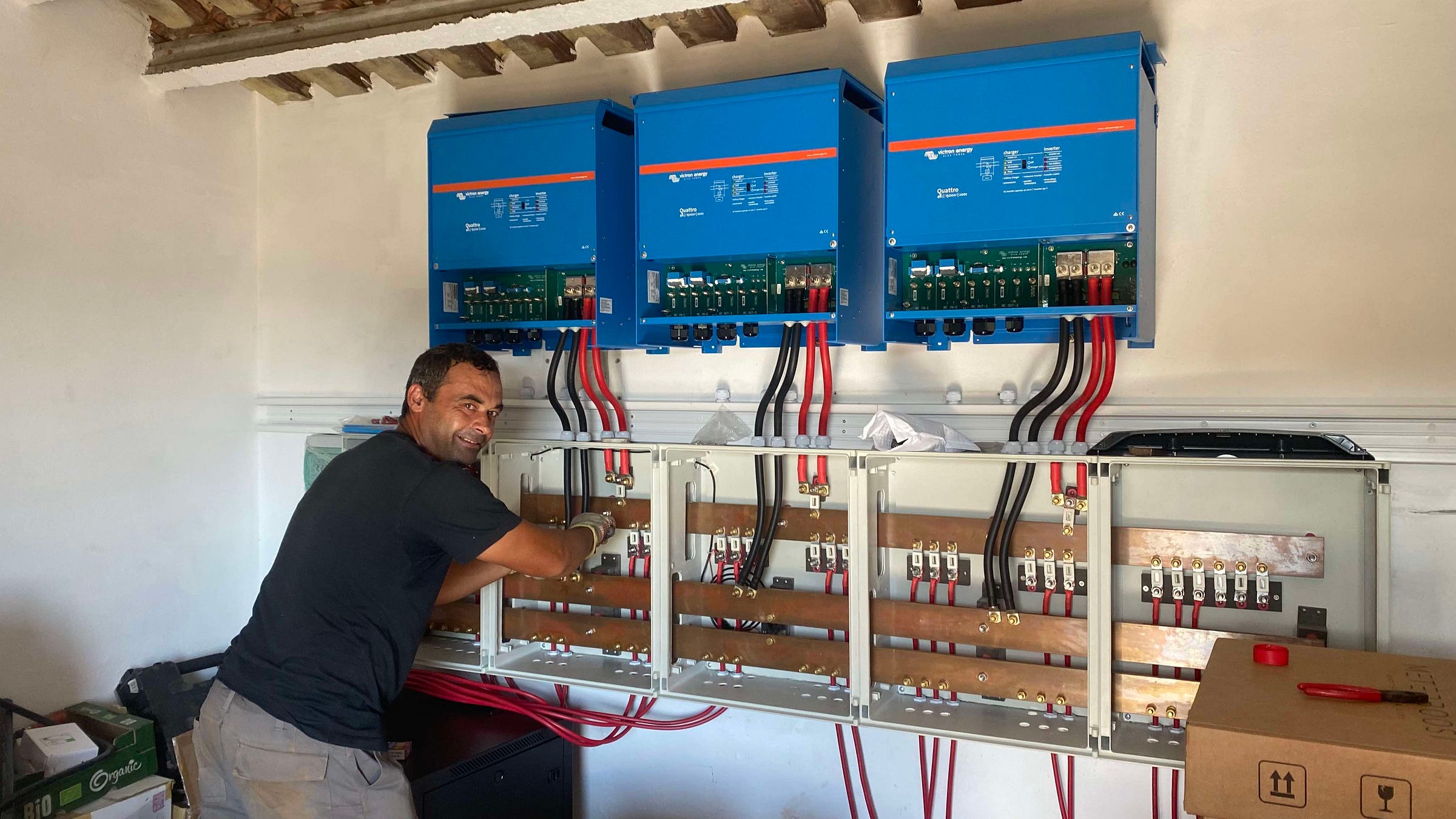
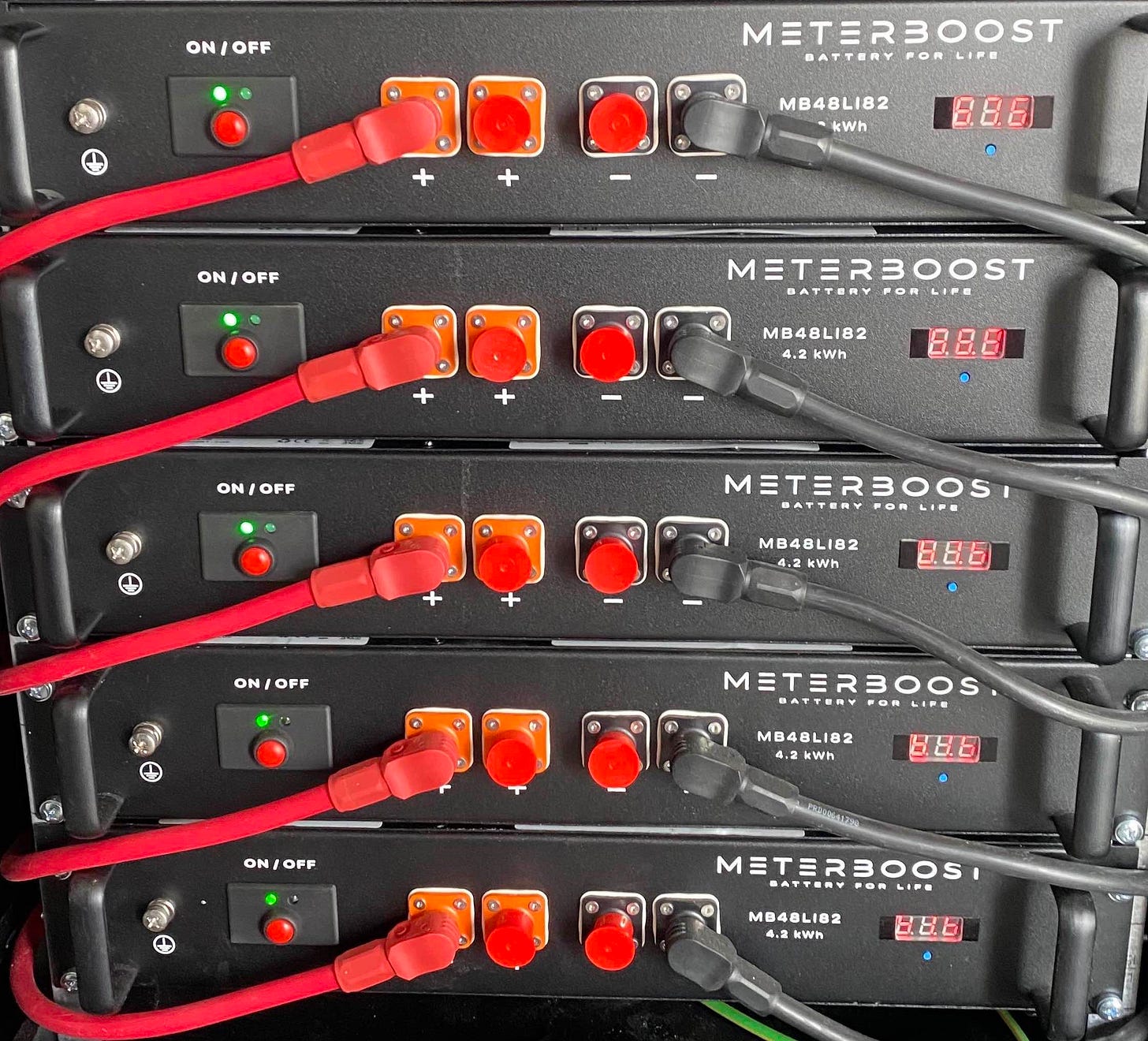
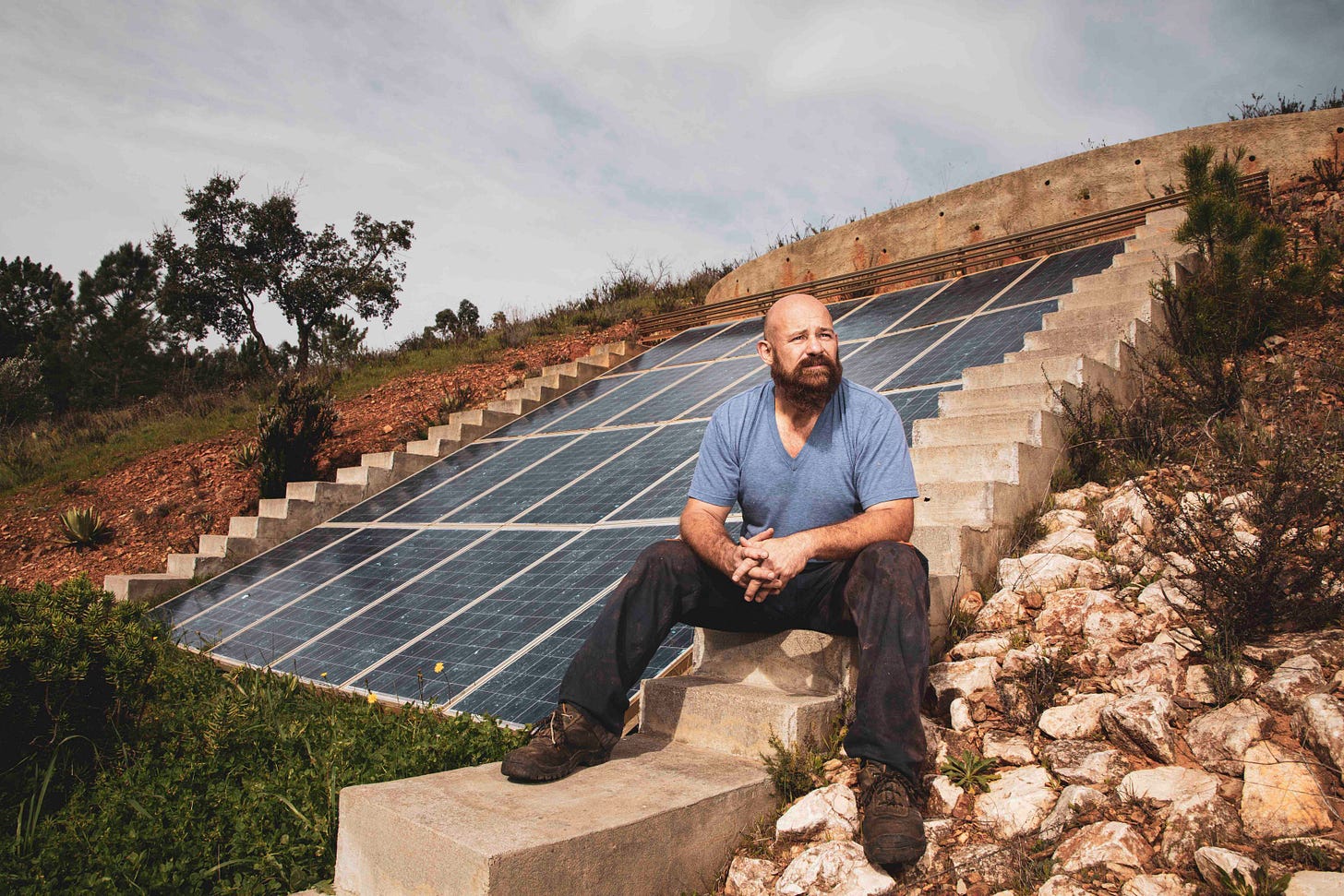
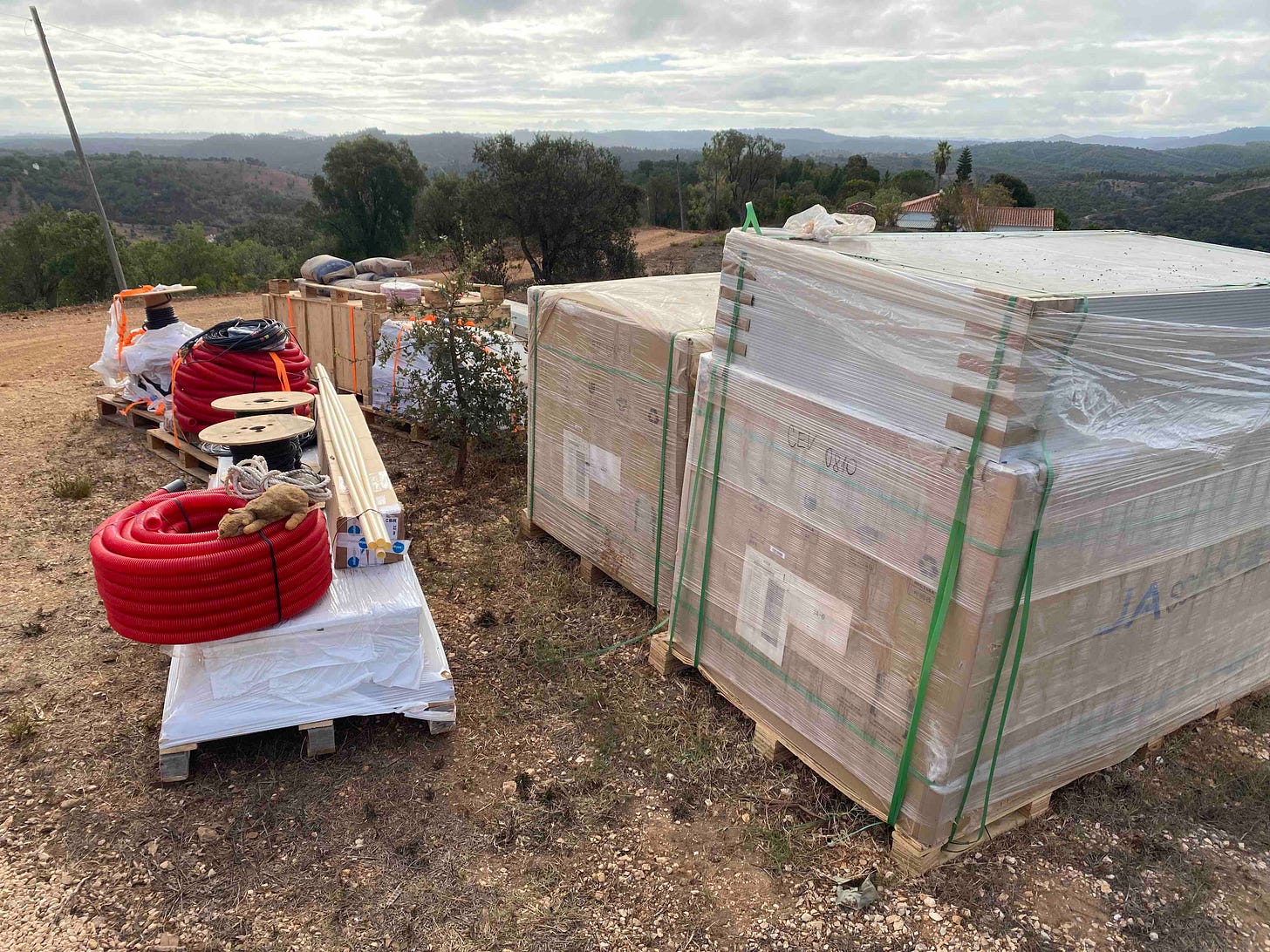
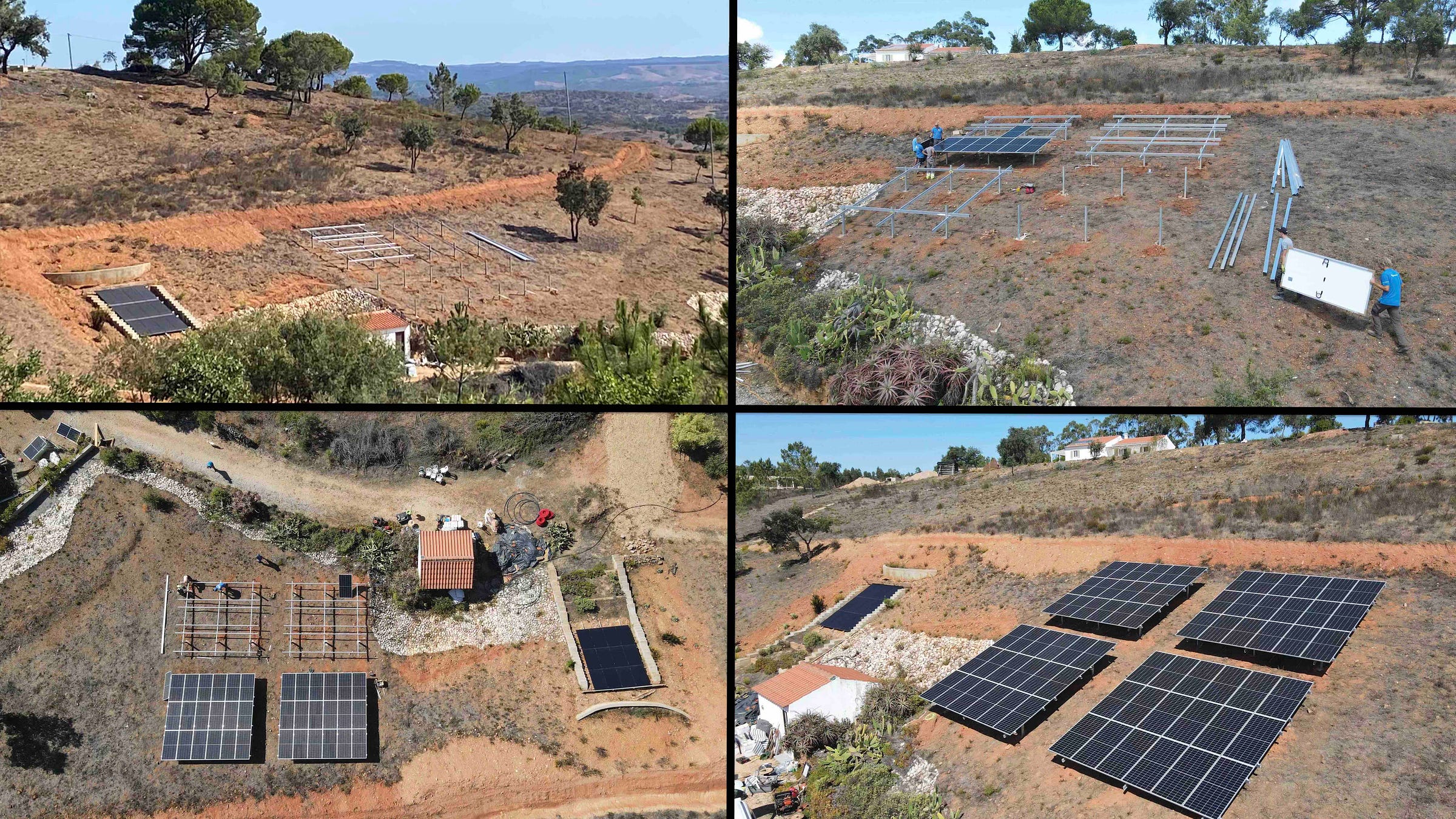
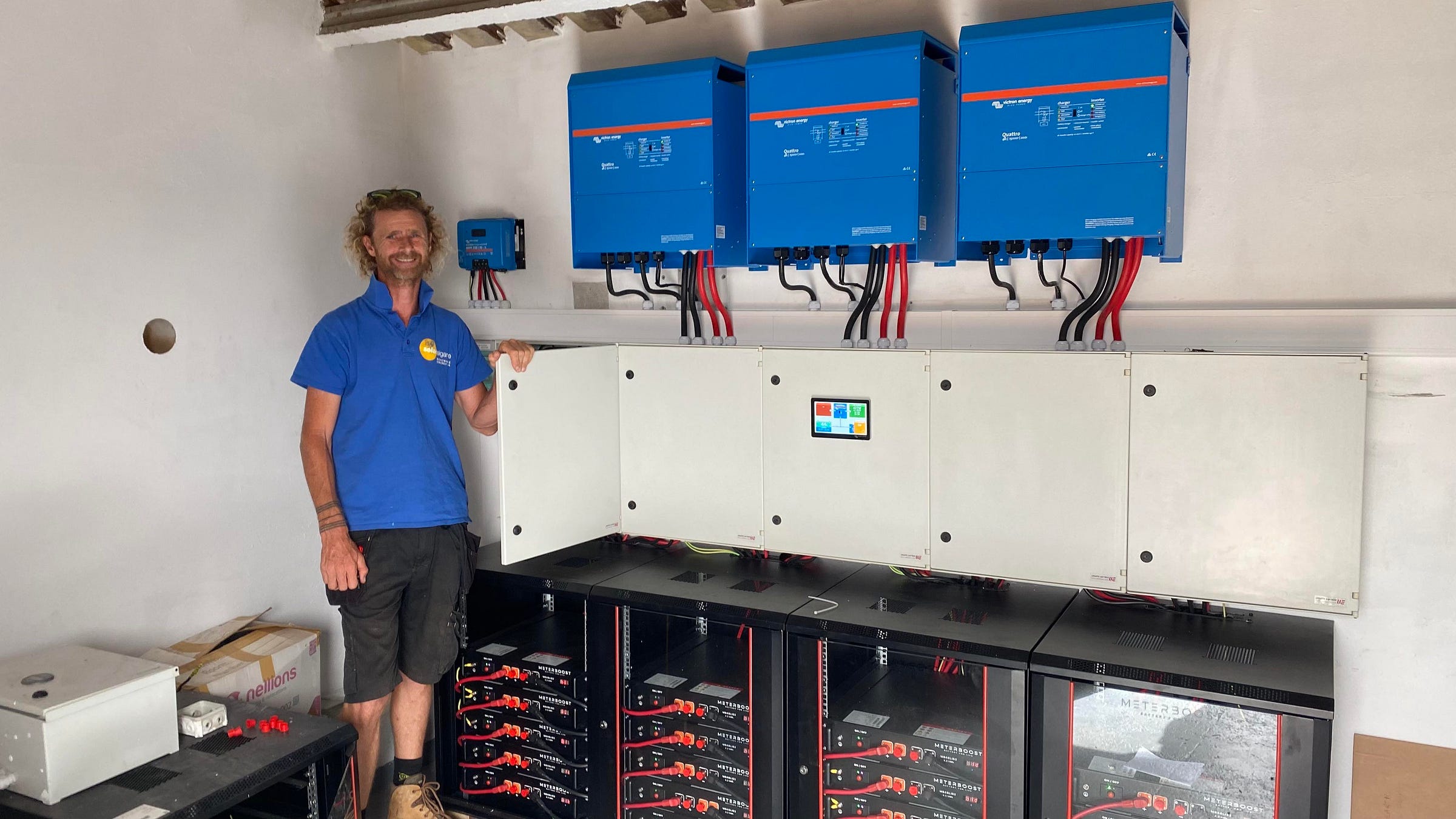

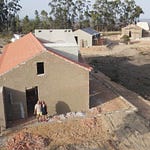


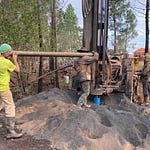


Share this post